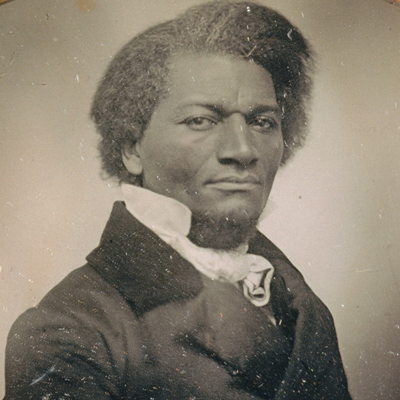
"The best self-talk helps you feel calmer and in control. It combines self-compassion and appropriate responsibility-taking (not too much, not too little)."
That’s what psychologist Alice Boyes had to say about the ways we talk to ourselves.
We’ve seen many times how changing your self-talk can help a speaker reduce nerves and feel more confident.
Sure, you can pump yourself up with another "I’m good enough, I’m smart enough, and gosh darn people like me."
But Buckley coaches find we’re more likely to listen when we tell ourselves something we can believe.
Here are three positive things you can tell yourself that aren’t a lot of fluff:
"They want me to do well."
We don’t base this one on any positive thinking mumbo-jumbo but on the belief that audiences are as self-interested as the rest of us.
They want you to do well, because it’s miserable for them when the speaker struggles.
They’re rooting for you. At least most audiences are. Don’t hesitate to tell yourself that.

"I have information that can help."
That’s usually the reason people get up to speak. If you’re presenting, you are bound to have some ideas that can be of use, something to teach, or a few facts that can enlighten.
Put the message ahead of yourself. You’re not stepping up to perform or impress, though you may well do both.
Your primary reason for speaking is to help. So have a serious little chat with your ego about that.
"I’m excited to get this chance."
Our heartbeat quickens when we’re nervous. It also quickens when we’re excited. Which of these reasons for elevated heart rate sounds better to you: I’m filled with stage fright or I’m thrilled to be speaking to this group.
This line of self-talk comes from the "anxiety reappraisal" department. Harvard professor Alison Wood Brooks tested her theory and determined that it’s easier to shift from anxious to excited than it is to shift from anxious to calm.
In one test, she instructed participants to either say “I am anxious,” “I am excited,” or nothing at all. Those participants then gave two-minute speeches. The ones who’d told themselves they were excited spoke longer, more easily, and came across as more confident and persuasive.

Read more
For more on anxiety reappraisal, see this article.
To see if the starfish pose can help you boost your confidence, check this out.
This story has more about the link between mindset and controlling public speaking nerves.
For more of our practical tips on managing stage fright, see this how-to article and video.






